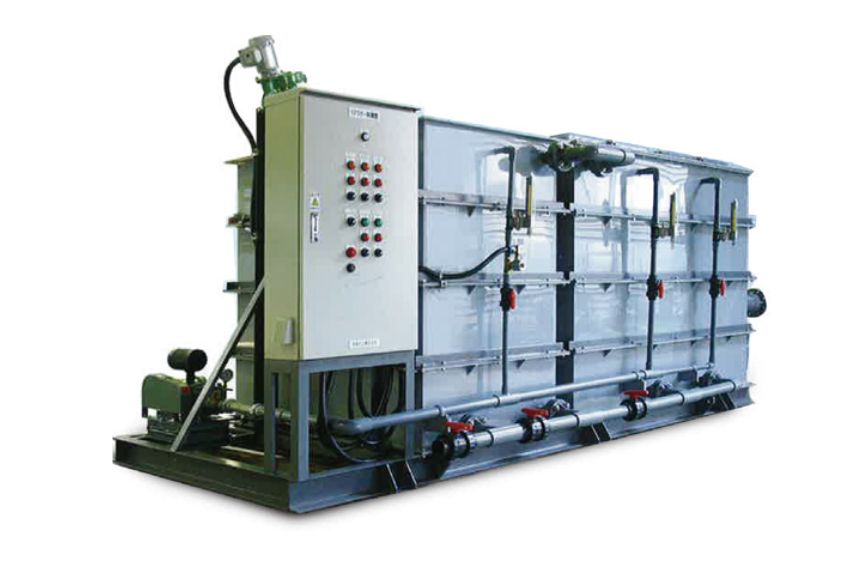

Adoption of Kyowa Kako's cutting-edge technologies will naturally result in a decreased reliance on chemical fertilizers.

Kyowa Kako, founded in 1959, has emerged as a pioneer in revolutionizing agricultural practices through innovative microorganism technology.
"Our core value is to focus on the soil and the related microorganism as well as the environment around it," says President Toshiharu Yoshimura, emphasizing the company's commitment to sustainable agriculture. Kyowa Kako's hyperthermophilic aerobic composting technology has garnered international recognition for its effectiveness in converting organic waste into nutrient-rich fertilizer.
Highlighting the company's impact on global waste management, Mr. Yoshimura recalls a meeting with a French company seeking insights into Japan's advanced sewage sludge treatment methods.
"The U.S. and France recognized these issues and decided to change their systems to incineration or to the microorganism treatment of the sludge," he explains, underlining the global shift towards sustainable waste management practices.
Kyowa Kako's innovative approach extends beyond waste management to address Japan's agricultural challenges. With the country's self-sustenance rate hovering at 58%, the company is spearheading efforts to promote organic fertilizer usage. "Japanese Prime Minister Fumio Kishida stated that the use of fertilizers from sewage sludge treatment in agriculture was necessary," highlights Mr. Yoshimura.
Discussing international expansion, there is an emphasis on partnerships as a cornerstone of Kyowa Kako's growth strategy. The company's collaborations with Brazilian counterparts aim to leverage its composting technologies for local agricultural growth.
"Through our hyperthermophilic aerobic composting technology, we are trying to create a local treatment plant to implement the circular economy of the sewage sludge treatment into agriculture," the president explains.
Reliance on unsustainable classical chemical fertilizers is becoming less viable, even in developed countries heavily reliant on crops from agricultural nations. Kyowa Kako’s sustainable solution of transforming organic waste into fertilizer safely and sanitarily, accessible even in developing countries without high-tech machinery, addresses global challenges of organic waste management. The company's initiatives align with sustainable development goals (SDGs), fostering collaboration between public and private sectors for a better future.
0 COMMENTS